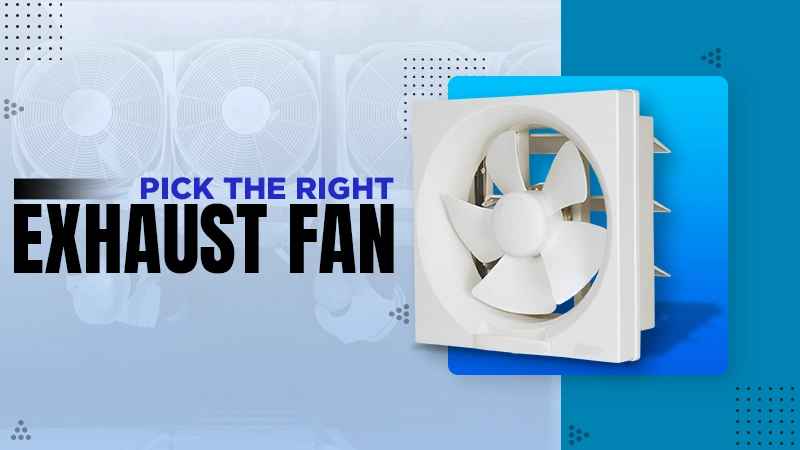Best Practices for Maintaining the Payroll in a Small Business
What is Payroll Management?
Payroll management is the process of payroll data management and financial accounting related to payroll. Payroll can be a function of human resources, accounting, or finance. The goal of payroll management is to accurately track employee hours worked and pay them accordingly.
Payroll management is responsible for:
- Keeping track of employee time, including hours worked and breaks taken by employees and essentially their timesheet
- Generating paychecks, processing deductions from paychecks, issuing paystubs, reconciling paystubs with time records, and producing reports and other financial statements.
- Setting up accounts for each department or group within an organization so that all employees receive the same amount of money in their accounts every payday.
Best Payroll Management Practices
The payroll process involves numerous steps that are needed to ensure that all of the necessary information is gathered and then processed in the right way. Hence it involves a lot more than learning how to navigate to the section that lets you manage payroll in tally.
The following are some of the best practices for small business payroll management:
Timely Payment
This is a good practice for a number of reasons. First, it helps to ensure that employees receive their paychecks on time, which can help build trust with suppliers and customers. It also allows employees to plan their spending better because they know when they will be paid. Be sure that all employees receive their correct amounts at the end of each pay period, so they don’t have any givebacks or tax penalties associated with them later on down the road when they’re filing their taxes at year’s end.
Keeping Company Records
Keeping accurate records is important for small businesses operations because it helps you to be prepared for taxes and other legal issues. You should keep at least three years worth of financial statements, including a profit and loss statement and balance sheet. You can also keep other records such as sales contracts, invoices, and expense receipts.
Keep track of how much money is coming in versus going out each month, so you can make sure that you’re not overspending or understating any expenses at any given time
Preparing for Taxes
Small businesses need to prepare their own tax returns. This requires keeping track of all expenses, income, and deductions so that you can complete your return accurately. A good bookkeeping program will allow you to keep track of all transactions related to your business so that you can easily file your taxes when they are due.
Payroll taxes and deductions should be calculated each pay period. This can help you prevent underpayment issues from arising later on down the road when you’re trying to get your taxes done.
Ensuring Accuracy
Small business owners are often busy running their businesses, so it’s important that payroll processes are as efficient as possible so that owners can focus on other tasks. Ensuring accuracy is one-way small business owners can avoid mistakes when processing payrolls and ensure that employees’ paychecks arrive on time. Whenever possible double-check the salary calculation formula or any other formula you use to confirm that you are not spending time doing incorrect calculations. You can visit Khatabook to learn about these formulas. Ensure that all employee records are up-to-date at all times, so there aren’t any issues down the road which could cause problems for your company’s bottom line.
Follow Us
Latest Post















